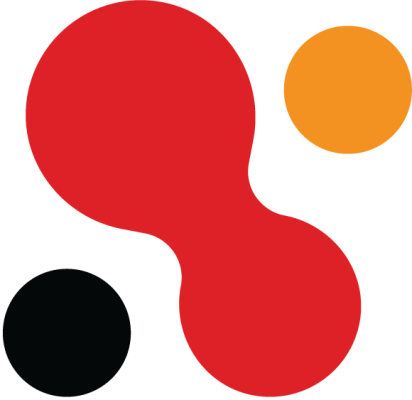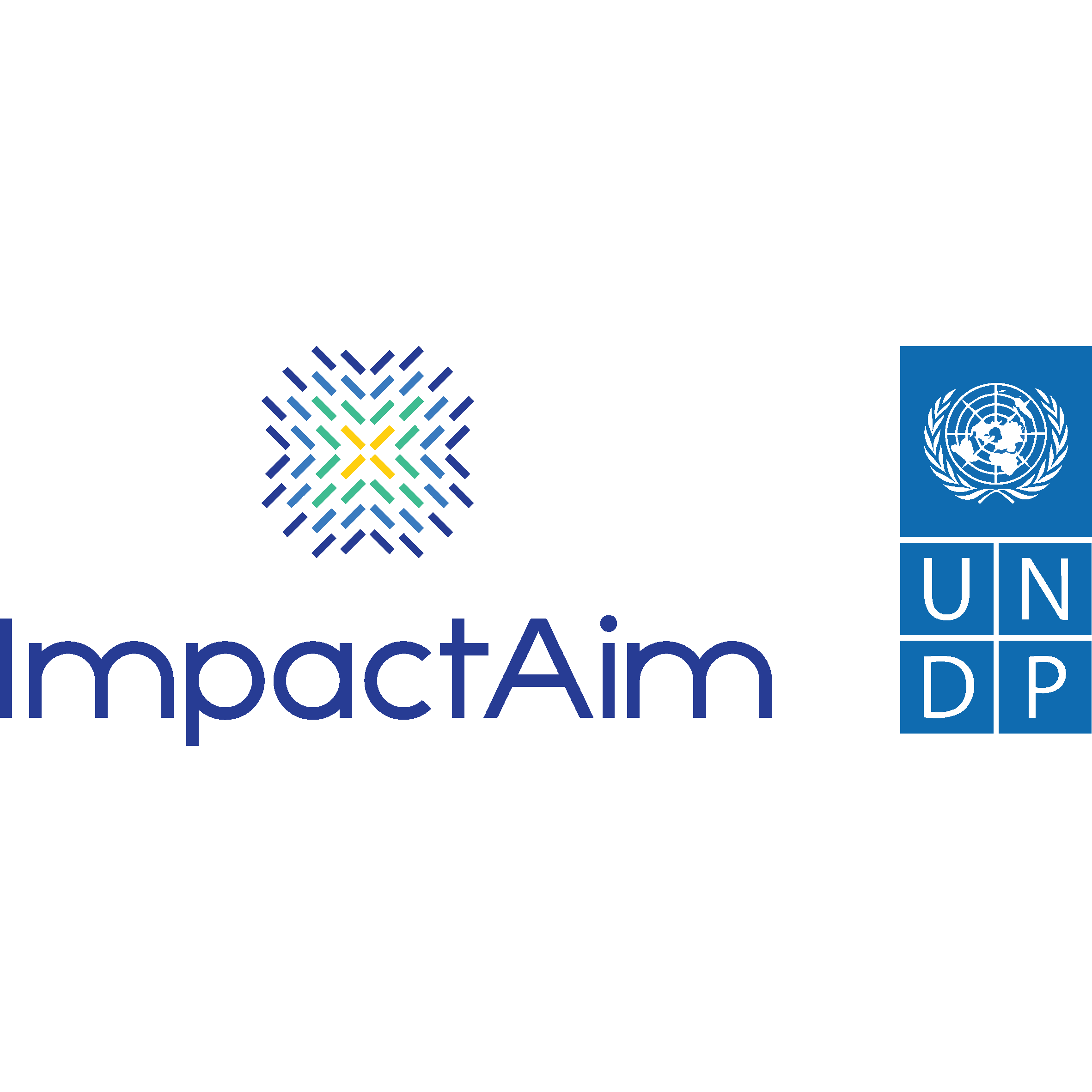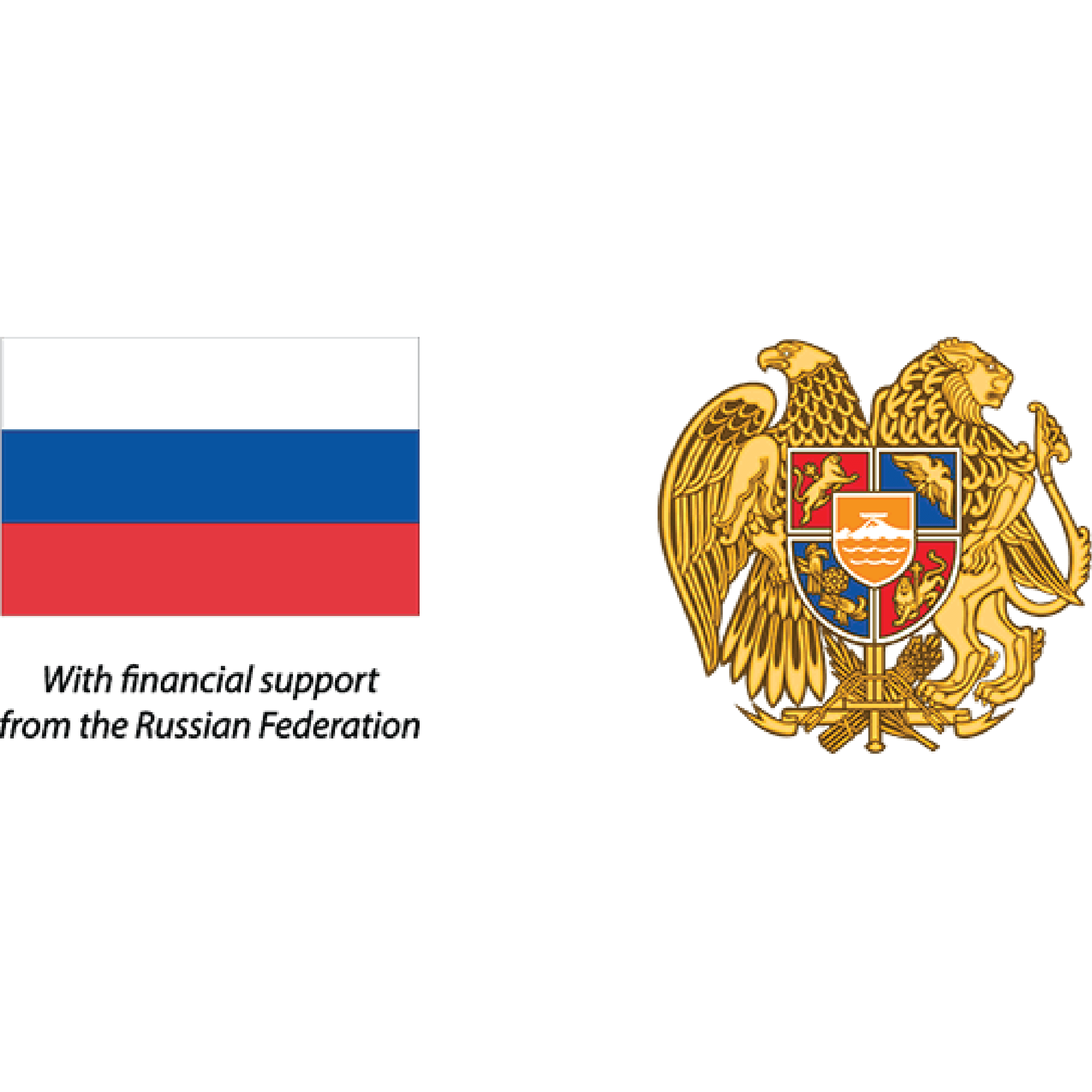The core purpose of this project is to run a targeted acceleration program tailored to the regional/rural needs of farmers. Teams and registered entities are eligible to apply if they offer solutions related to the Digital Transformation of the Food Supply Chain.
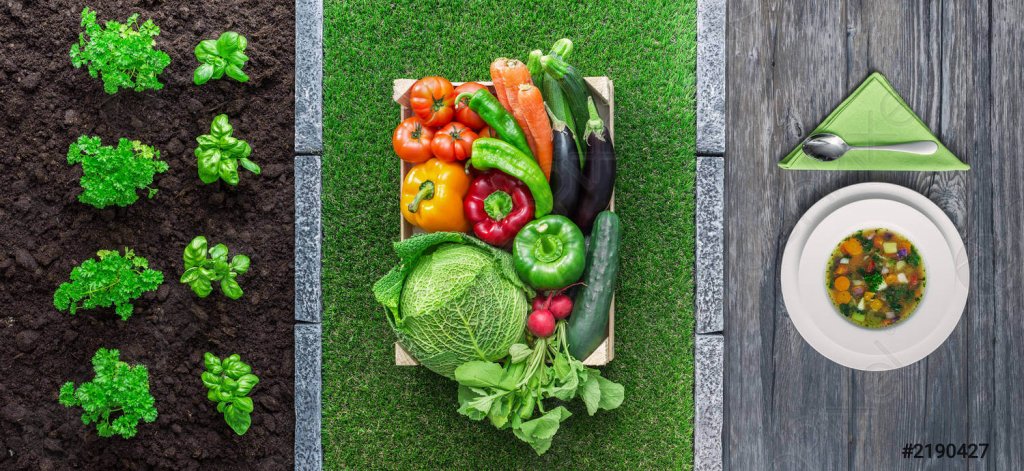
The program is carried out in the framework of the “Fostering Sustainable Economic Development in Gegharkunik and Vayots Dzor regions” project.
Objectives
- Support local groups/small companies established to support villagers’ agro-food distribution to advance online
- Provide technical, management, and marketing support to broaden the geography of provided services and increase suppliers’ and buyers’.
- Develop a B2B e-com platform for the logistics centers’ network (based on the solutions developed in previous projects)
- Consolidate available actors covering separate participle of the supply chain and integrate them into one system
Organizers

Nation 2.0 NGO
A non-formal educational, entrepreneurship, and professional development platform for the youth aimed to support its stakeholders and become a change agent on the national and local economic levels

ANAU
The only higher education institute in the agrarian sphere in Armenia. According to the RA Government decision made in 1994, the Armenian Agricultural Academy was formed on the basis of the Armenian Agricultural and Yerevan Zoo Veterinary Institute.
Who Can Apply
- Accelerator targets only science and technology-backed startups (early and growth stage)
- Teams and registered entities (CSO/NGO, LLC, LTD, etc.) from Armenia will be eligible to apply if they tackle challenges of Supply Chain management including:

Production

Quality Assurance

Processing

Distribution / Logistics

Consumption

Disposal
Solutions targeting the whole chain as well as separates parts of the chain can participate. The solutions that target responding urgent challenges in scope of UN Sustainable Development Goals such as Gender Equality, Reduced inequality, Decent work and Economic growth and social inclusiveness will be considered of higher priority.
Timeline

Mapping of the local players
-Jul-Aug 2021-
Call for early and growth stage startups are opened
Timeline
Mapping & Scouting: 20/Jul – 20/Aug-2021
Interviews & Need Identification: 25/Jul – 25/Aug-2021
Invitation to Round table: by 05/Sep

Round table
-2nd week Sep 2021-
Shortlisted teams will be invited to a round table with stakeholders

Acceleration
-Sep-Dec 2021-
Teams will be coached by individual coaches and will get access to professional trainers
While the main part of the acceleration process will be covered by the mentors, organizers will provide some additional training sessions for the participants. 3 to 4 workshops per month will be conducted. The workshops will be open only to the participants.

Trainer
TBA
Topic to be announced

Trainer
TBA
Topic to be announced

Trainer
TBA
Topic to be announced
Funding during the acceleration
Grants of up-to USD 40,000 will be provided during the acceleration phase
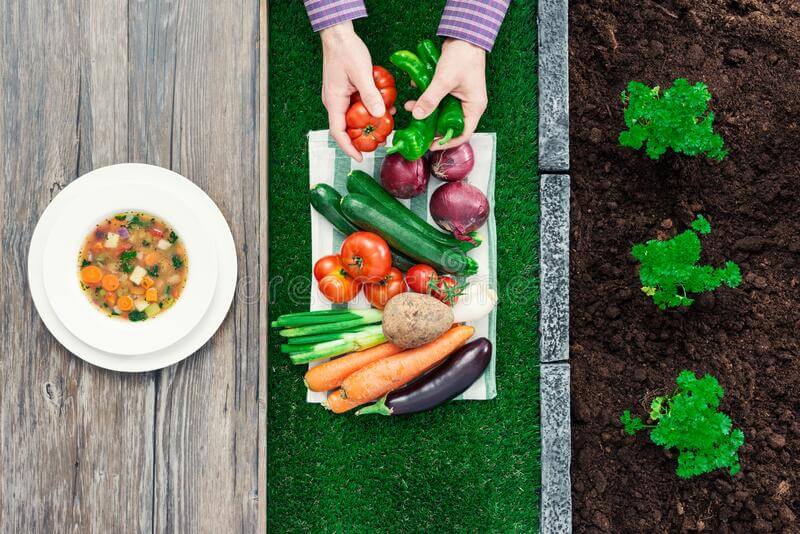
- Grants will be provided based on the needs of the teams
- Grants will be provided in predefined portions, based on specific milestones settled by the teams.

Demo day
-Dec 2021-
All the teams that have successfully passed the acceleration cycle, will participate in the Demo Day
Pitching procedure
- Format: Participants are free to pitch using slide presentations, videos, and audio
- Timing: 15 minutes pitching + 10 minutes Q&A/Feedback
- Language: The teams are free to pitch both in Armenian and in English.
The event is carried out in the framework of the “Fostering Sustainable Economic Development in Gegharkunik and Vayots Dzor regions” project.
